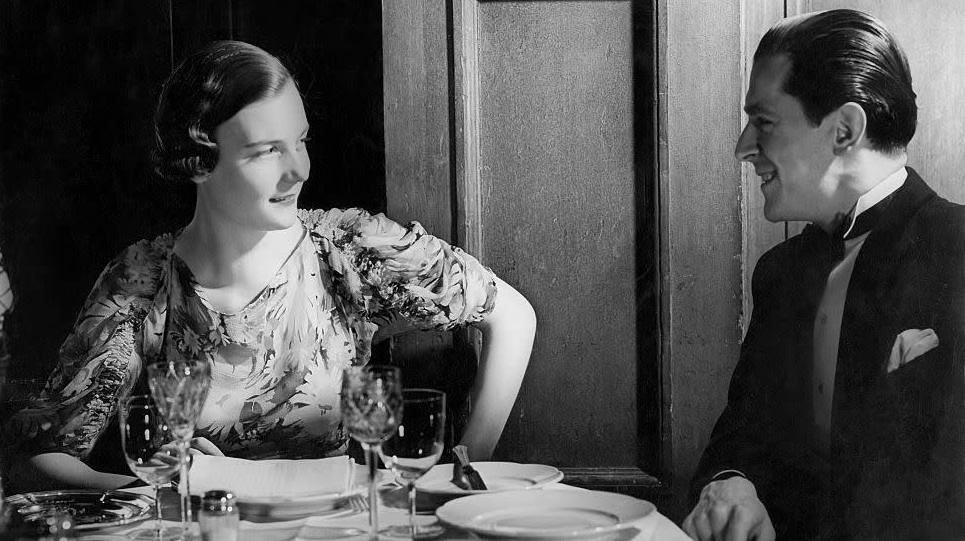Dining With The Ghosts Of Nazis And Fascists
When Gustav Horcher opened his eponymous restaurant in Berlin in 1904, tuxedoed waiters and the custom of putting cushions under diners' feet were a regular part of fine-dining, not a charming old-school affectation. In 1943, after Nazi propaganda minister Joseph Goebbels called for the closing of restaurants to support the war effort, it moved to Madrid, where it has remained ever since, still run by members of the Horcher family in much the same way Gustav had run it more than a century ago.
In both cities, Horcher had a reputation for catering to government elites. In Germany in the 30s and 40s, that meant serving Nazis. In Spain, it meant serving Nazis who were plotting their escape from Europe and the fascists of Franco's Spain. Today, it means serving members of the extreme-right-wing Vox party—the third largest party in parliament—which had campaigned under the slogan "Make Spain great again" and a proposal to build a border wall to keep out immigrants from Morocco.
Washington Post writer Diana Spechler, who is Jewish, paid a visit to Horcher and, in an essay, tried to grapple with the restaurant's history, its responsibility for acknowledging that history, and the role that political convictions should pay in restaurant service. Interestingly, Elizabeth Horcher, the current owner of Horcher, originally agreed to participate in the story, but then declined to answer any follow-up questions. (Spechler did not specify what those questions were.) This is a good and thoughtful read with implications far beyond a single European restaurant.
